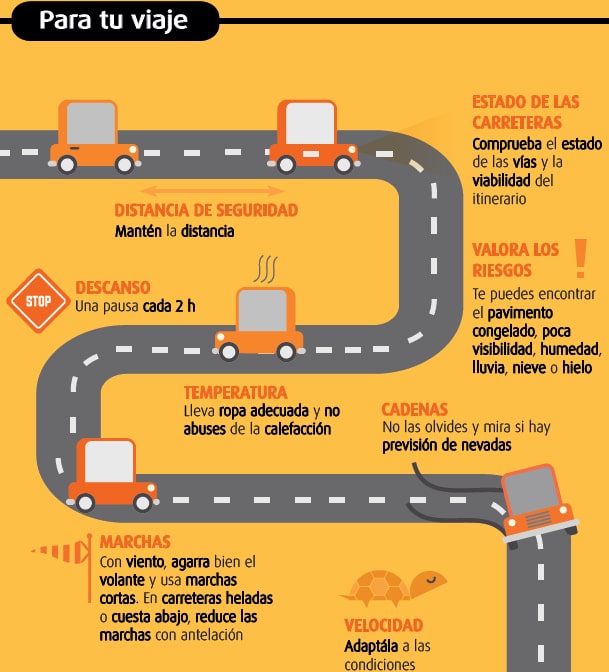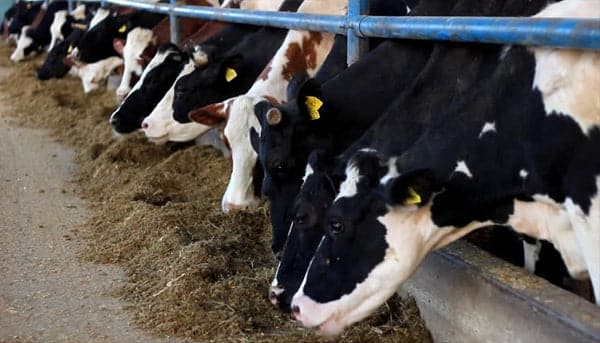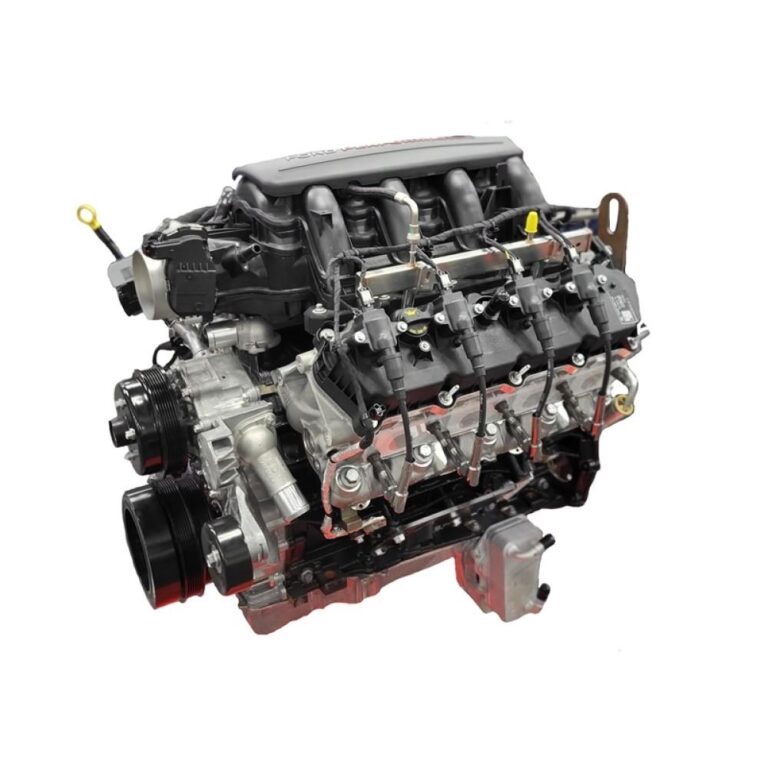Efficient Driving: Definition and 10 Practical Tips for Implementing It

Efficient driving is an approach that seeks to optimize vehicle performance, reducing both fuel consumption and pollutant emissions. In a context where sustainability is becoming increasingly important, adopting more responsible driving practices not only benefits the environment but also improves safety and comfort during trips. Below are 10 practical tips that will allow you to implement more efficient driving and contribute to a greener future.
Efficient Driving: Definition and 10 Practical Tips to Implement It
Efficient driving refers to a set of practices aimed at maximizing vehicle performance, optimizing fuel consumption, and reducing pollutant emissions. In a world increasingly focused on sustainability, adopting efficient driving techniques not only improves fuel economy but also helps care for the environment. Below are ten practical tips that will help you implement more efficient driving in your daily routine.
What is Efficient Driving?
Efficient driving is a driving style designed to improve the energy performance of a vehicle. It focuses on using the engine more effectively and maintaining a constant speed, avoiding sudden accelerations and unnecessary braking. This not only contributes to a more sustainable lifestyle but can also prolong the life of your vehicle and enhance road safety.
Tip 1: Starting and Engine Turn-On
One of the first steps towards efficient driving is to start the engine without pressing the accelerator. This technique helps reduce fuel consumption in the early moments of driving. Simply turn on the engine and let it idle for a few seconds before you begin to drive.
Tip 2: Proper Use of Gears
Using the gears properly is essential to optimize efficiency. It is recommended to start in first gear only to get the vehicle moving, then switch to second after traveling a few meters. As you increase your speed, continue shifting to higher gears to allow the engine to work more efficiently.
Tip 3: Drive Smoothly
Smooth driving is key to minimizing fuel consumption. Avoid sudden accelerations and braking, as these practices increase fuel expenditure and affect the vehicle’s stability. Maintain a calm and anticipatory maneuver to ensure a more pleasant and efficient trip.
Tip 4: Maintain a Constant Speed
Sudden changes in speed are detrimental to fuel efficiency. Use the cruise control on long roads to maintain a constant speed, which will reduce gasoline consumption and contribute to safer driving. Anticipate traffic to avoid unnecessary braking.
Tip 5: Take Care of Your Vehicle’s Maintenance
Proper maintenance of the vehicle is crucial for efficient driving. Perform regular oil changes, check the filters and spark plugs, and ensure that the tires are properly inflated. A vehicle in good mechanical condition not only consumes less fuel but also improves safety and prolongs its lifespan. For more information, check this article about vehicle maintenance in cold climates.
Tip 6: Avoid Excessive Load in Your Vehicle
Extra weight in a vehicle can increase resistance and, consequently, fuel consumption. Avoid carrying unnecessary objects or overloading the trunk. The lighter the vehicle, the better its performance in terms of fuel consumption.
Tip 7: Turn Off the Engine if You Are Stopped
If you stop for an extended period, such as at a traffic light or while waiting for someone, it is advisable to turn off the engine. This saves fuel and reduces unnecessary emissions. Just remember to restart the vehicle when you need to continue your trip.
Tip 8: Use Technology to Measure Fuel Consumption
Apps and technological tools can be useful for monitoring and measuring fuel consumption. Knowing consumption patterns will allow you to adjust your driving habits. For more information on how to use technology, check this link about measuring fuel consumption.
Tip 9: Plan Your Routes
Planning your routes can save you time and fuel. Opt for roads that have less traffic and are more direct. This will not only save you fuel but also allow you to get to your destination faster.
Tip 10: Consider an Efficient Vehicle
If you are thinking about buying a new vehicle, research more fuel-efficient vehicles. There are many options on the market that offer advanced technologies for energy savings. To learn more, visit this article on buying efficient vehicles.
Efficient Driving: Definition and 10 Practical Tips to Implement It
Efficient driving has become a highly relevant topic today, especially in a world where concern for the environment is increasingly growing. This practice not only seeks to optimize the performance of the vehicle but also aims to reduce fuel consumption and minimize pollutant gas emissions, thereby contributing to a more sustainable environment.
To adopt an efficient driving style, it is essential to implement a series of practical tips. Among these are starting the engine without pressing the accelerator, using the gears properly, and maintaining a constant speed during the journey. Each of these tips is designed to maximize fuel economy and improve the driving experience.
Furthermore, another important aspect is regular vehicle maintenance. Proper mechanical condition, which includes oil changes and periodic inspections, is crucial to ensure that the performance of the car remains at optimal levels. Likewise, anticipating traffic movements and avoiding sudden braking are practices that contribute to a more efficient and safe journey.
Choosing a fuel-efficient vehicle and reducing weight in the car through luggage management are also key elements to making progress towards responsible driving. Adopting these practices not only benefits each driver in terms of economic savings but also has a positive impact on the health of the planet.
Implementing efficient driving is a step towards a more conscious and responsible future, where every action counts in the fight for a healthier environment.





